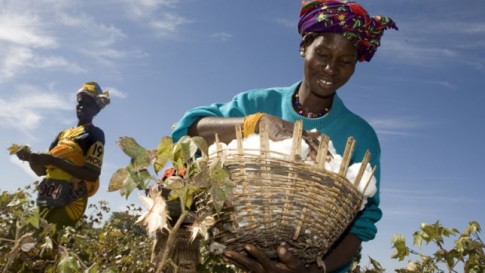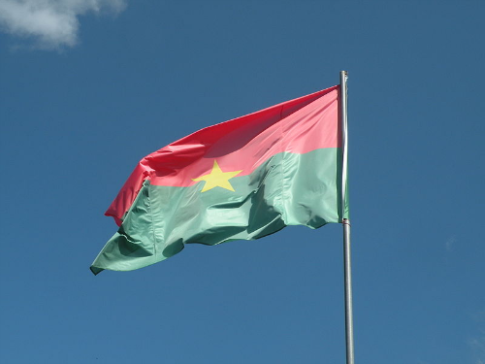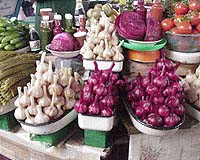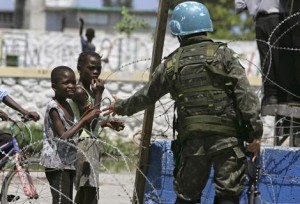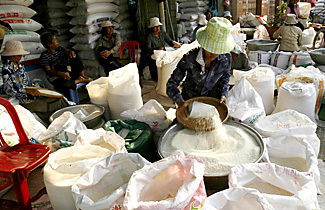
We need to overturn food policy, now!
GRAIN
For some time now the rising cost of food all over the world has taken households, governments and the media by storm. The price of wheat has gone up by 130% over the last year.[1] Rice has doubled in price in Asia in the first three months of 2008 alone,[2] and just last week it hit record highs on the Chicago futures market.[3] For most of 2007 the spiralling cost of cooking oil, fruit and vegetables, as well as of dairy and meat, led to a fall in the consumption of these items. From Haiti to Cameroon to Bangladesh, people have been taking to the streets in anger at being unable to afford the food they need. In fear of political turmoil, world leaders have been calling for more food aid, as well as for more funds and technology to boost agricultural production. Cereal exporting countries, meanwhile, are closing their borders to protect their domestic markets, while other countries have been forced into panic buying. Is this a price blip? No. A food shortage? Not that either. We are in a structural meltdown, the direct result of three decades of neoliberal globalisation.
Farmers across the world produced a record 2.3 billion tons of grain in 2007, up 4% on the previous year. Since 1961 the world’s cereal output has tripled, while the population has doubled. Stocks are at their lowest level in 30 years, it’s true,[4] but the bottom line is that there is enough food produced in the world to feed the population. The problem is that it doesn’t get to all of those who need it. Less than half of the world’s grain production is directly eaten by people. Most goes into animal feed and, increasingly, biofuels – massive inflexible industrial chains. In fact, once you look behind the cold curtain of statistics, you realise that something is fundamentally wrong with our food system. We have allowed food to be transformed from something that nourishes people and provides them with secure livelihoods into a commodity for speculation and bargaining. The perverse logic of this system has come to a head. Today it is staring us in the face that this system puts the profits of investors before the food needs of people.
Read moreMaking a killing from hunger

